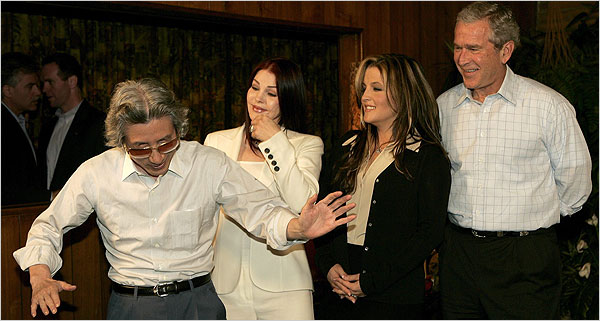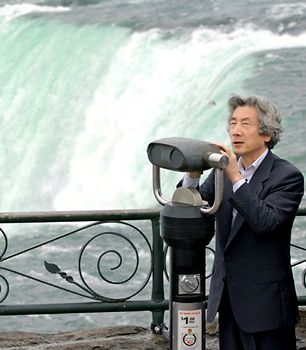Below is a rundown of the speeches given by representatives of graduates from a Japanese Ministry of Foreign Affairs program designed to train (and of course capture) bureaucrats and diplomats from the developing world who work with Japanese officials. Enjoy! (speeches abstracted and shortened – not an exact translation but I have labored to stay true to writer’s intent)
An explanation of the program:
On June 15, 26 diplomats and 12 bureaucrats were produced from MOFA’s Japanese Language Training Program, carried out by MOFA in cooperation with the Japan Foundation. The students came from Asia, Europe, Central/South America, and Africa to learn Japanese.
MOFA has long been bringing diplomats/bureaucrats who are likely to use Japanese in their career to Japan and having them learn Japanese. This year marks our 25th class of diplomats and 9th of bureaucrats.
Now let’s look at the statements of two students, one representing the diplomats and one for the bureaucrats. The speeches are printed as they were written, save for some places where hiragana were replaced with kanji
:
We definitely cannot forget this
by Md. Hamidur Rahman KAHN, People’s Republic of Bangladesh (bureaucrat)
I am KAHN, a bureaucrat from Bangladesh. As ODA from Japan, a major trading partner for Bangladesh and the rest of the world, continues to grow, Japanese has become an important language for us. Our wonderful teachers taught us much about Japanese grammar, Chinese characters, and how to give a speech in Japanese. From meeting many Japanese people and traveling to many of Japan’s festivals, I was able to learn about Japan’s culture.
I was also able to make friends with my 39 classmates from 33 countries. Initially, we communicated in English, but now we can talk to each other in Japanese. I was actually able to use the language of Japanese to make true friends.
We will soon return with many memories which we will wish to communicate to our fellow countrymen. I hope that the relationship between my country and Japan will improve even further. That, I think, is the role of us, the participants in this program. Thank you.
Next!
We did it all on our own
by Lamngeun KHATSAVANG, Lao People’s Democratic Republic (diplomat)
Thank you all for taking time out to come to our graduation ceremony.
Japan is a major trading partner for the world, in the export of electronics and automobiles. Also, Japan has supported my country in various ways. We were all very happy to take part in the diplomat/bureaucrat course.
When I came to Japan, it was for the first time and I did not speak Japanese at all. But the teachers came up with the best way to teach us and happily answered our questions, so we became able to speak Japanese. I truly appreciate the teachers for helping us out. However, the Japanese studies in this program are not sufficient. Since we have only studied a little of Japanese grammar, we will have to continue studying after we go back to our countries.
At the Kansai Center, we had classes on the Japanese economy and culture in addition to Japanese classes. Also, we visited MOFA, the Ministry of Finance, and JICA headquarters where we learned about Japan’s diplomatic and ODA policies. There were also many programs such as homestays and home visits that let us understand Japanese families and lifestyles.
We also went on self-led study excursions. We researched where we wanted to go, and reserved tickets and hotels. We did it all ourselves. We sometimes got lost when we were traveling, but the kind Japanese people helped us out and made us feel at ease.
We also saw lots of traditional Japanese culture such as Sumo wrestling and kimonos. We all plan to teach people about Japan’s traditional culture when we return to our countries.
Our 9 months in Japan were the most precious experience to us. Particularly, I think we won’t be able to forget Japan’s traditional culture or beautiful nature no matter when or where we are. What we learned here will be useful as we further our countries’ relationships with Japan. Thanks to all who made it possible.





